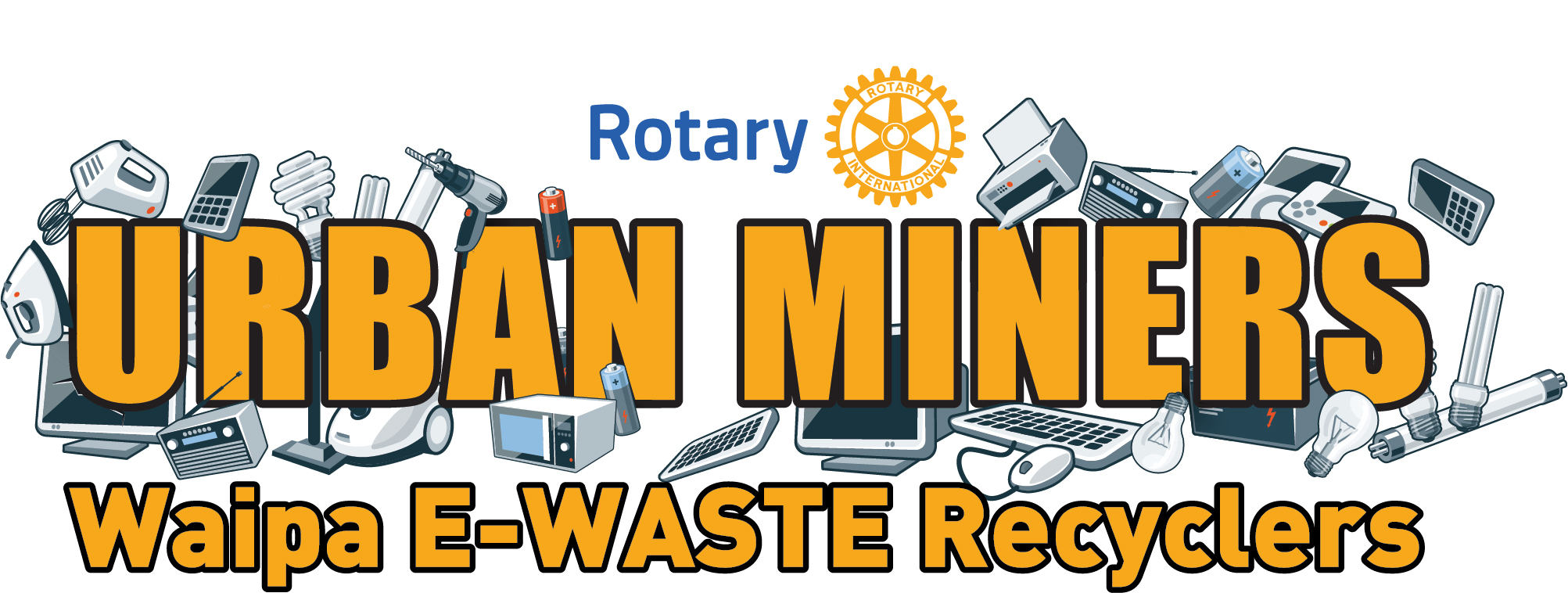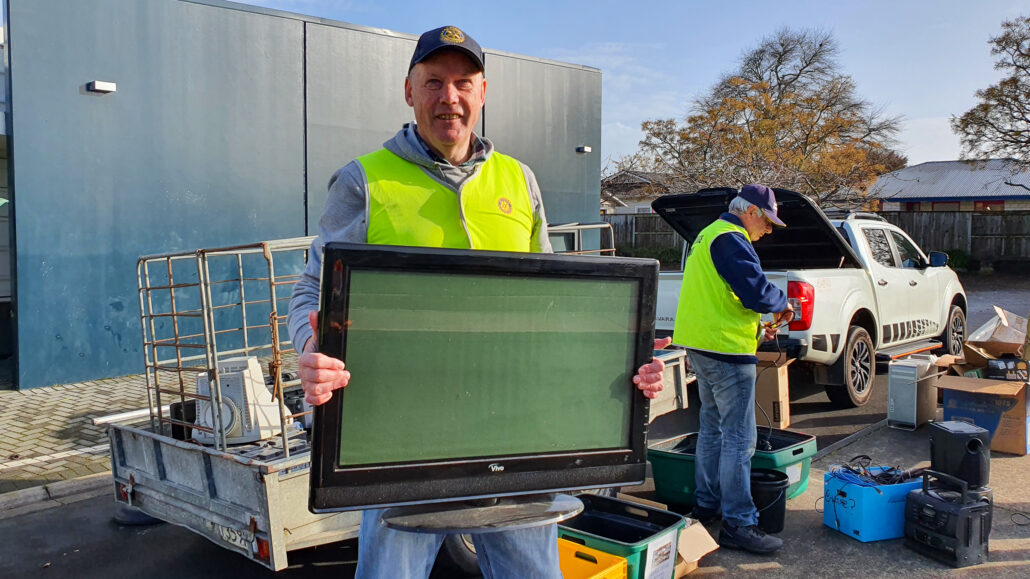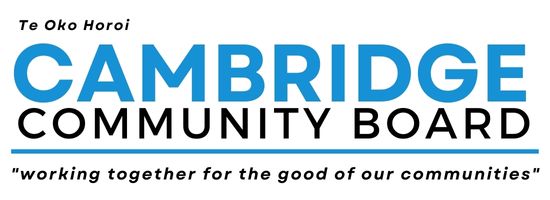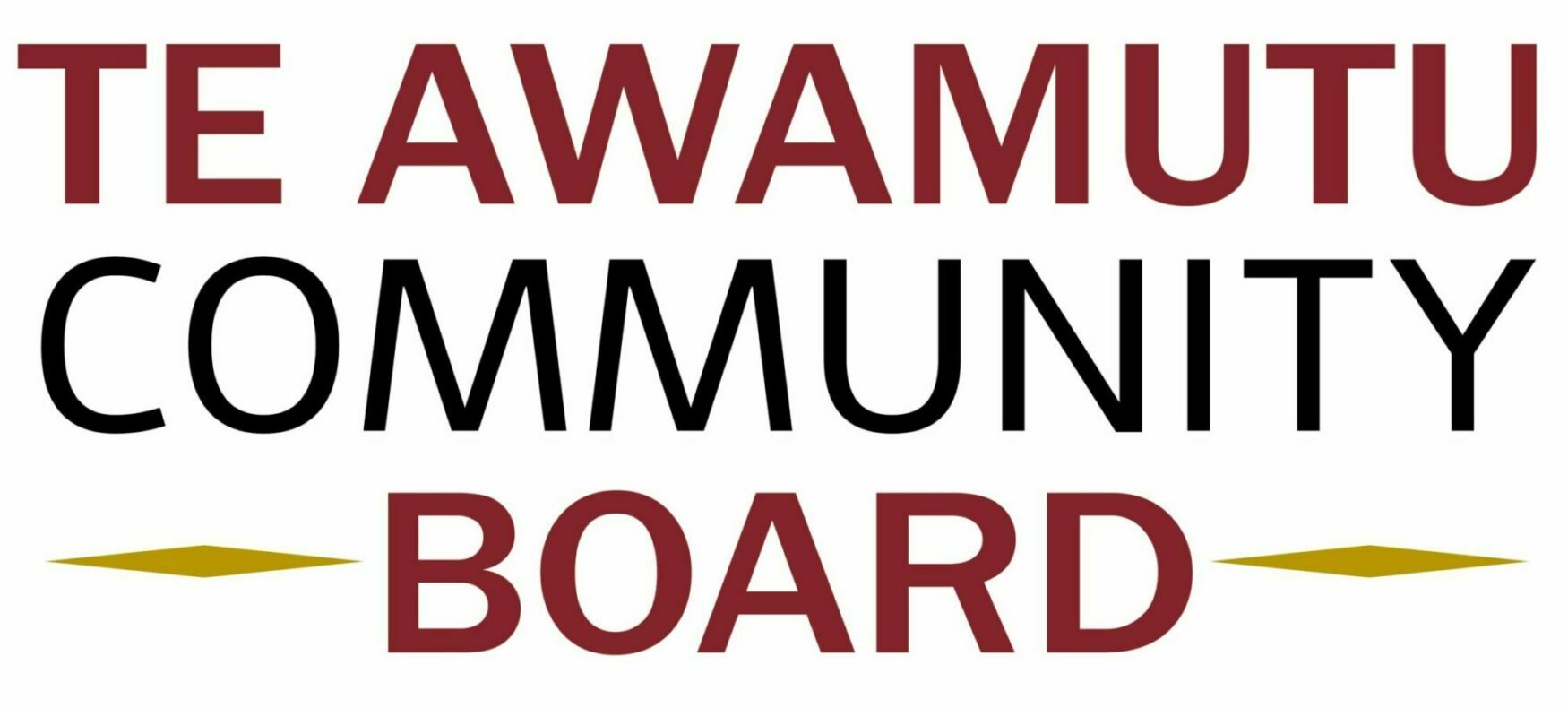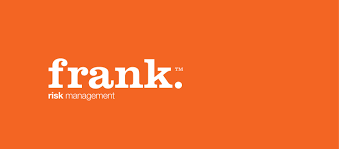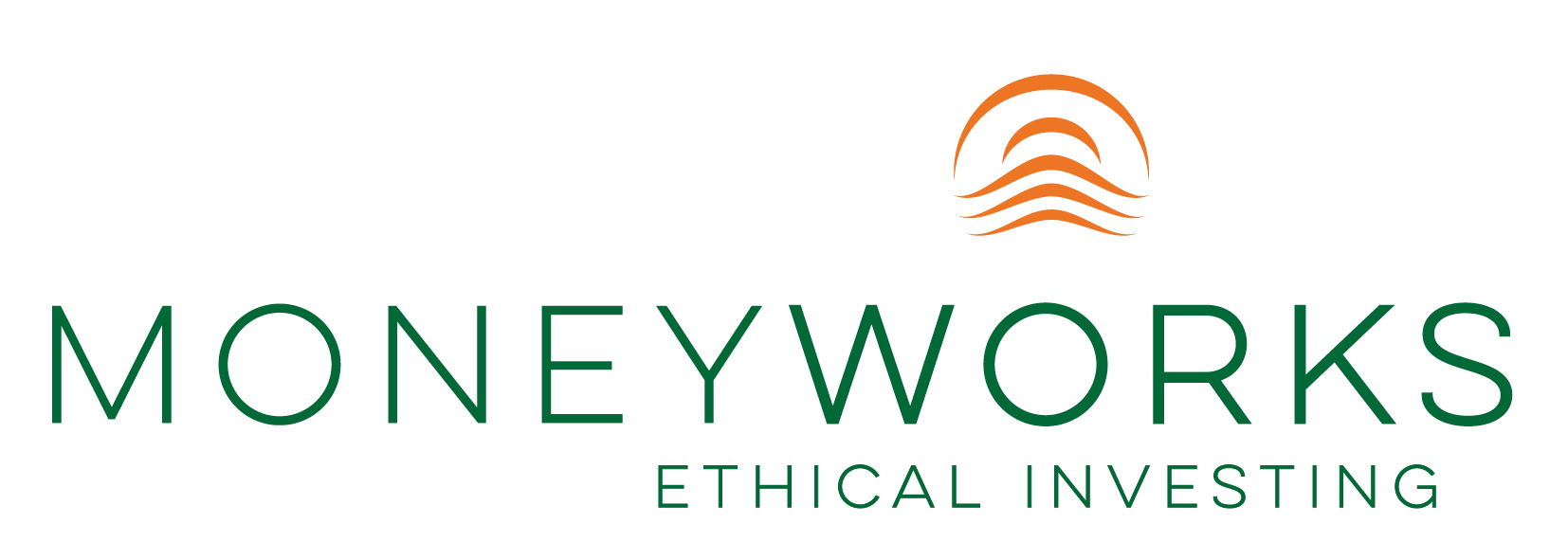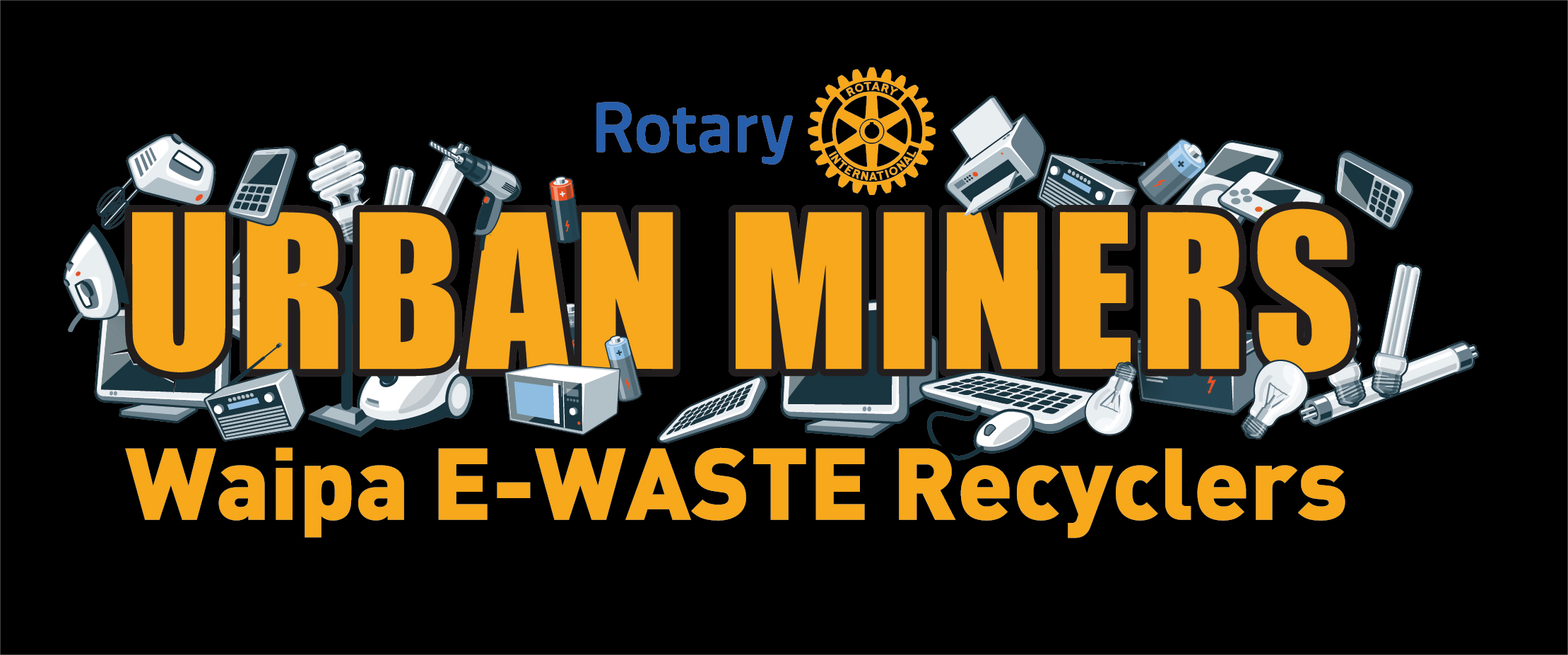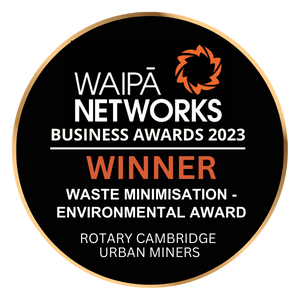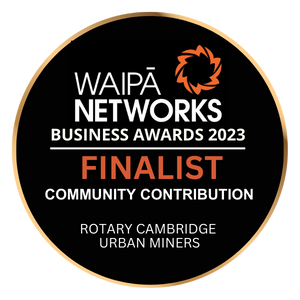Keen On Joining Our Team?
What is E-waste?
E-waste or electronic waste is anything with a plug, cord or battery that has come to the end of its useful life. It includes everyday items such as mobile phones, televisions, laptops, and household appliances.
In New Zealand, we produce around 99,000 tonnes of e-waste each year, the fastest growing waste stream in the country.
That equates to about 20 kg of e-waste per person per year – one of the highest amounts per capita on the planet – yet as little as 2% of it is recycled. All the rest ends up in landfill.
At present, New Zealand doesn’t have a national e-waste management scheme, and e-waste can be dumped legally into landfill despite the known environmental risks.
Responsible recycling of e-waste in New Zealand is entirely up to the individual.
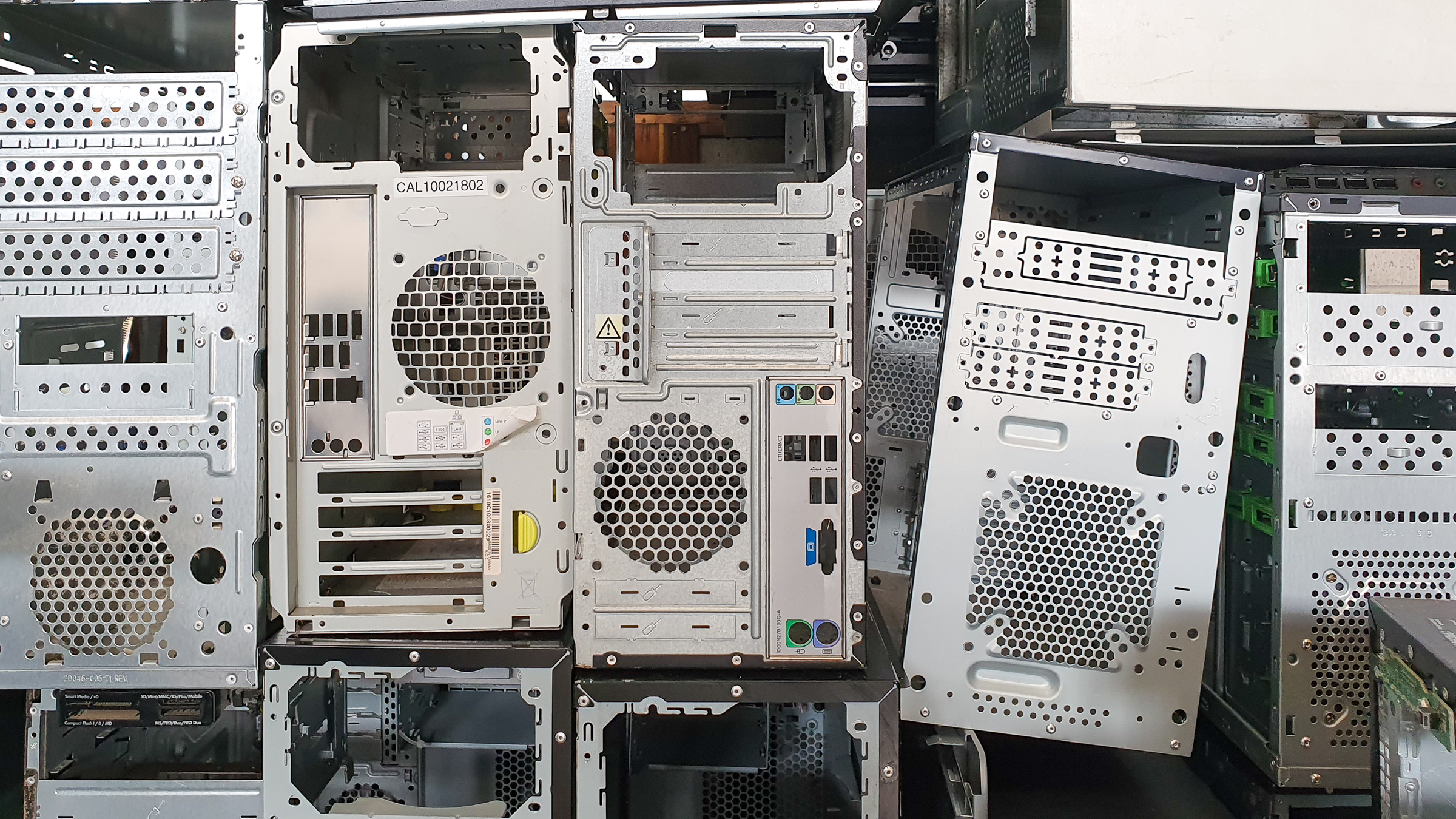
E-waste is an Environmental Hazard
E-waste contains hazardous and toxic materials that pose considerable environmental and health risks if sent to landfill. Even in small amounts, these chemicals can leach into groundwater and contaminate our soil resulting in long-term environmental pollution.
E-waste is Too Valuable to Waste
E-waste contains many valuable rare earth metals, such as cobalt, tin, nickel, zinc, aluminium, copper, and precious metals. These compounds are needed for modern technology but are in very short supply.
Currently, we mine for these metals, but the process of mining for an appliance that is used for only a few years and then discarded is an enormous waste.
The concentrations of many of these compounds in landfill from dumped e-waste are now higher than in ore targeted for mining.
“Urban mining” or processing and recycling e-waste is not only good for our environment but makes best use of scare materials needed for technology.
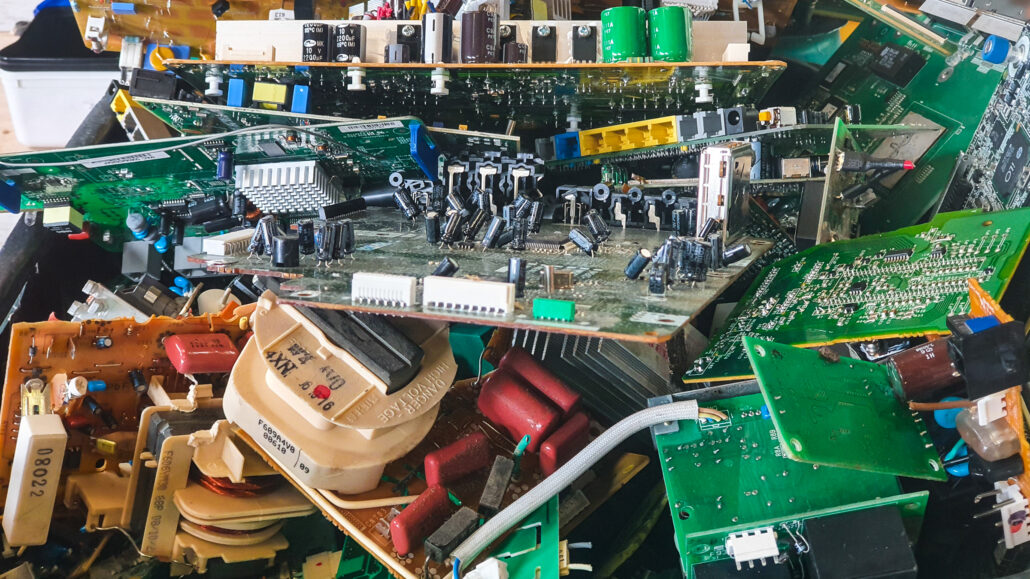
What We Recycle
Urban Miners recycle the following e-waste items:
- Small household appliances
- Televisions
- Computers, tablets, laptops
- Printers
- Monitors
- Microwaves
- Audio equipment
- Video players
- DVD players
- Cell phones
- Digital cameras
- Power tools
- Batteries, including car batteries
- Wiring and cabling
We currently do not accept whiteware, e.g. fridges, freezers, washing machines, etc, or items that contain gas under pressure, e.g. dehumidifiers.
As full recycling of e-waste carries a financial cost, Urban Miners charge fees on a per-item basis. These fees cover the costs of recycling and recovery charged by our processing partners, freight, insurance, and the lease on our processing facility.
What is Processing?
Processing involves dismantling e-waste items, e.g. computers, heat pumps, etc, so that we recover as much recyclable material as possible.
Thanks to our large team of volunteers, Urban Miners are able to process most of the e-waste that we collect.
We also grade and sort household batteries, and grade and palletise other items for shipment to our partner companies for full recycling.
Reusable cell phones, computers and laptops are repaired and upgraded for resale at the Cambridge Lions Market.
Other items which are deemed to be in working order are salvaged for resale at the local Lions Shed.
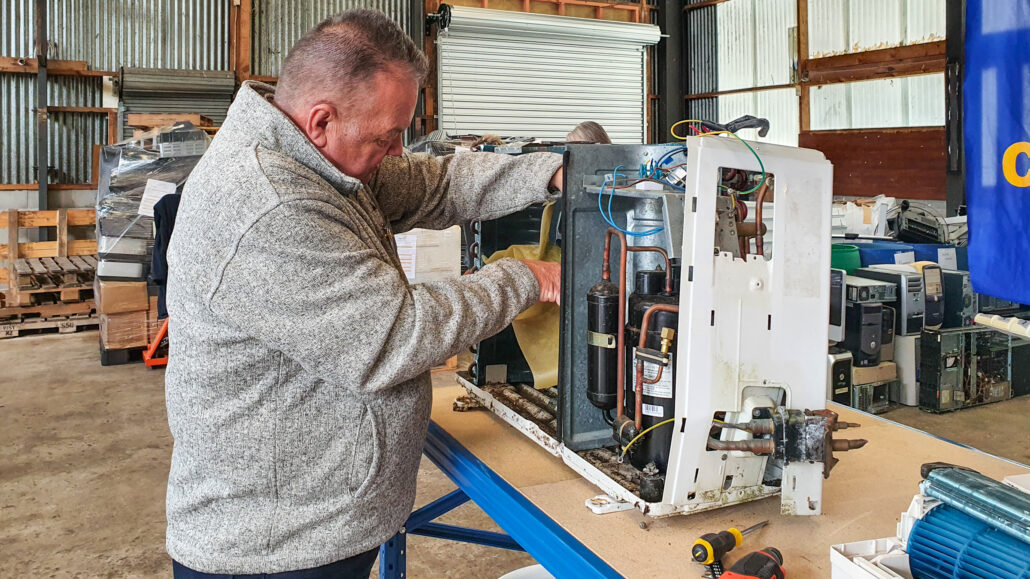
What You Can Do To Help
E-waste doesn’t have to go to landfill. There are many simple things you can do to reduce your e‑waste footprint:
- Recycle your e-waste with a responsible, environmentally focused e-waste recycling service, like Urban Miners. This ensures that your e-waste is processed carefully so that as much as possible is recovered and diverted from landfill. Useful materials can then be reused for the production of new commodities.
- Reduce the amount of e-waste you create by:
- Not upgrading your cell phone, laptop, etc, until necessary
- Buying quality items that last longer
- Borrowing an appliance when you need it
- Buying quality second-hand and refurbished items
- Repairing items when possible.
- Purchase from manufacturers and retailers that have product stewardship schemes.
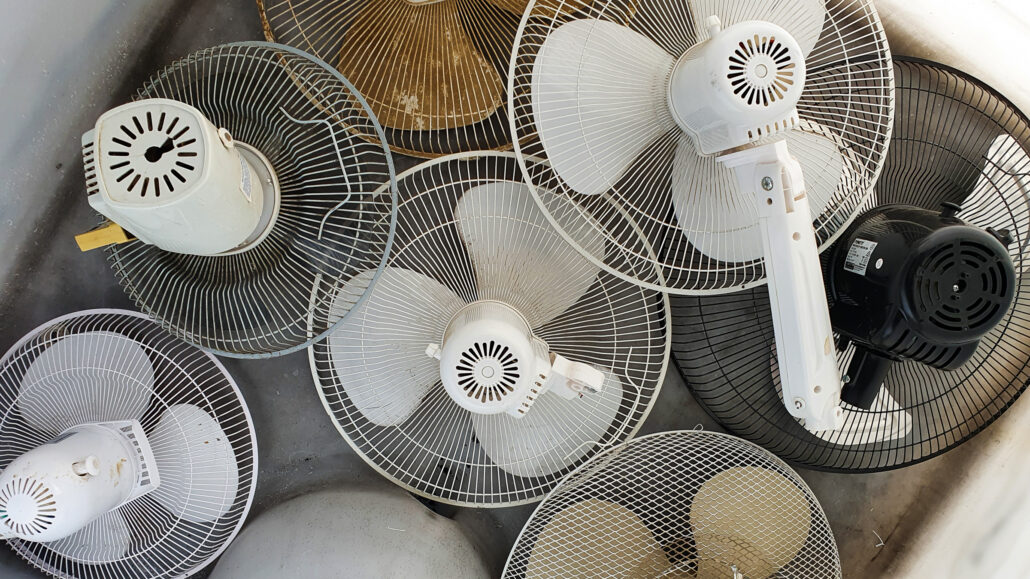
Sponsors
Urban Miners would like to thank our principal sponsors Waipā District Council Waste Minimisation Fund, Cambridge Community Board, Te Awamutu Community Board, and Waipā District Council for their support. We are also grateful for the support of our other sponsors as shown below.
